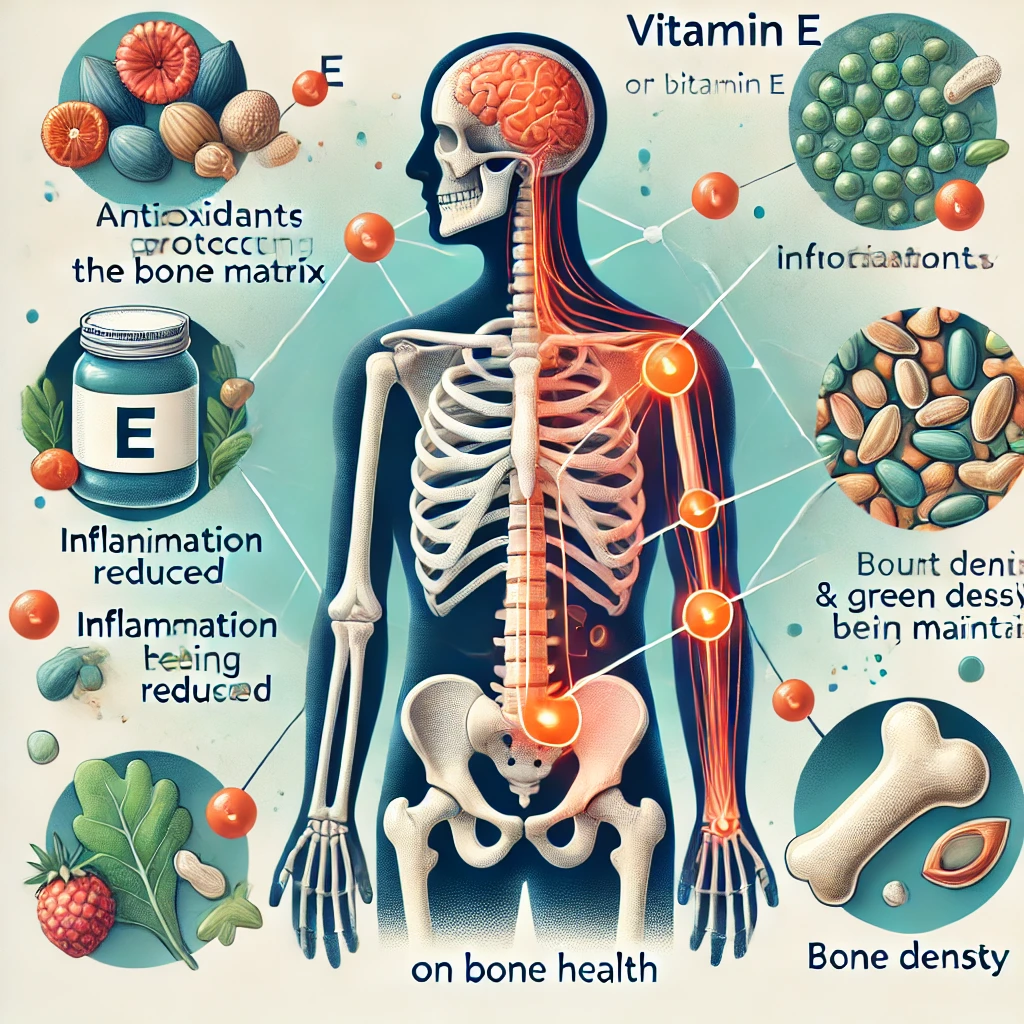Vitamin E and Bone Health: Health Tips
Vitamin E is a well-known nutrient for skin and immune health. Recent studies have explored its potential impact on bone health, particularly in addressing osteoporosis after menopause. Its antioxidant properties and anti-inflammatory effects make it… Vitamin E and Bone Health: Health Tips

